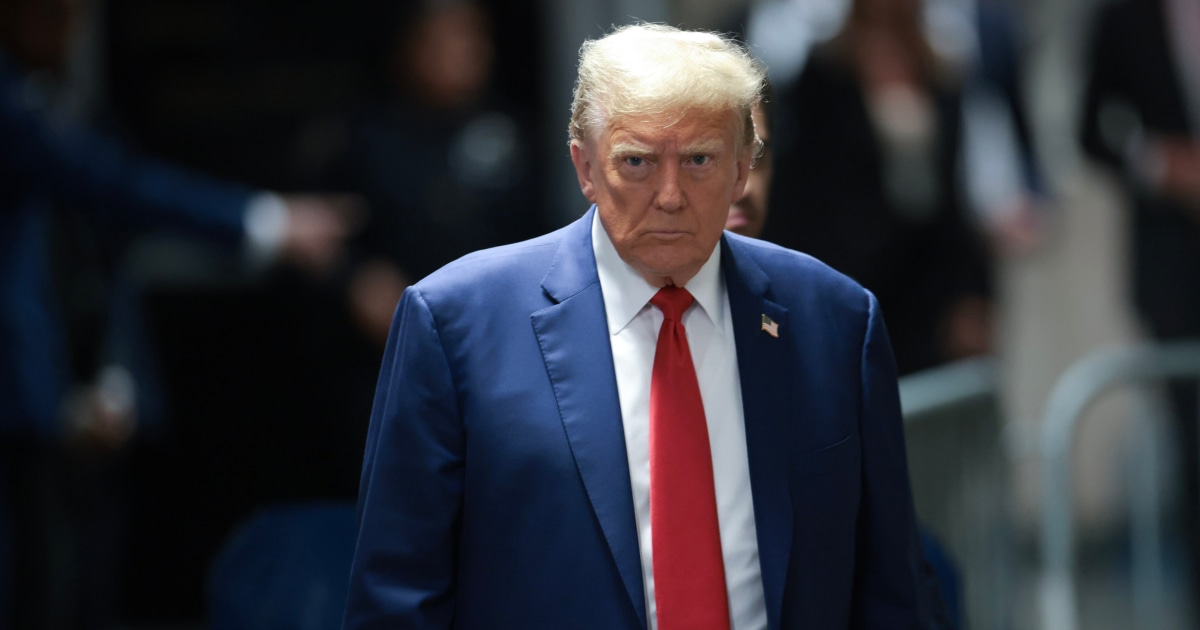
In recent developments, the Supreme Court has ruled that presidents, including Donald Trump, have absolute immunity from prosecution when carrying out their core constitutional powers. However, this immunity does not extend to private conduct or official acts under very narrow circumstances. The legal question now is which alleged acts by Trump charged by special counsel Jack Smith fall under the executive branch's exclusive constitutional authority and are therefore immune from prosecution? And which are official acts but prosecutable because they pose no danger of intruding on the power or function of the presidency?
Trump's criminal hush money case in New York has had its sentencing postponed to September 18. The Manhattan district attorney's office will not oppose Trump's request to file a motion arguing his conviction should be tossed due to the Supreme Court ruling on presidential immunity. Trump intends to argue that his conviction on 34 felony counts of falsifying business records about a hush payment to porn actress Stormy Daniels should be thrown out because of the Supreme Court decision.
The six conservative justices lined up against the three liberals in significant cases overturning a Trump-era ban on bump stocks, reducing the power of federal agencies to approve regulations, and giving cities and states more power to punish people who are homeless from sleeping outside. Trump got the Supreme Court he always wanted with a 6-3 majority ruling that he had broad immunity from prosecution for official actions taken in office.
The delay in sentencing will push a decision past the Republican National Convention, which starts on July 15. A jury took less than 10 hours to convict Trump of 34 felony counts of falsifying business records about a hush payment to porn actress Stormy Daniels. Trump's then-lawyer, Michael Cohen, wired Daniels $130,000 and Trump reimbursed him in monthly installments disguised as routine legal expenses.
Trump's lawyers intend to ask Judge Juan Merchan to set aside the jury's verdict on the grounds he improperly allowed the jury to consider evidence reflective of Trump's official acts. The Supreme Court is examining whether a president is immune from criminal prosecution for his official acts, and Trump's team argues that social media posts, public statements, and financial disclosures issued while he was president should be excluded as they are official acts.




